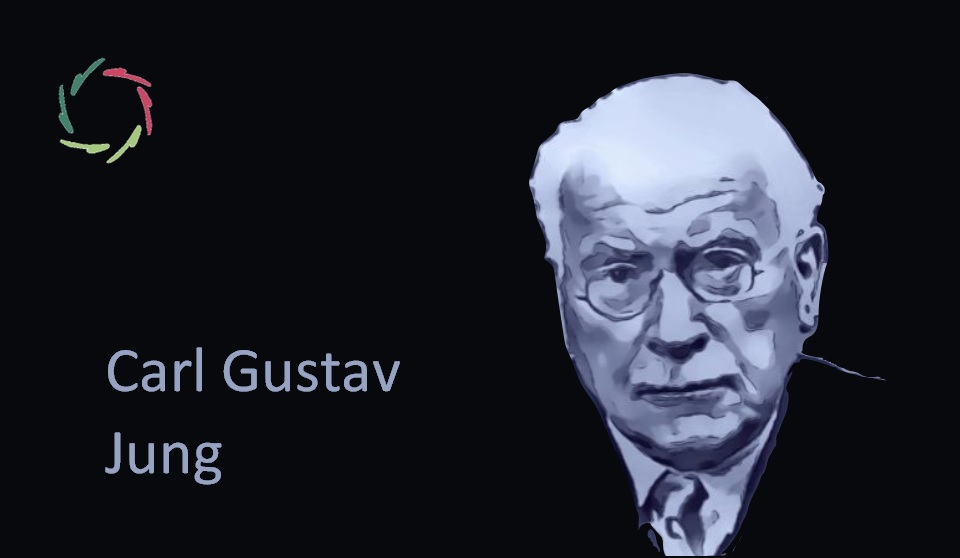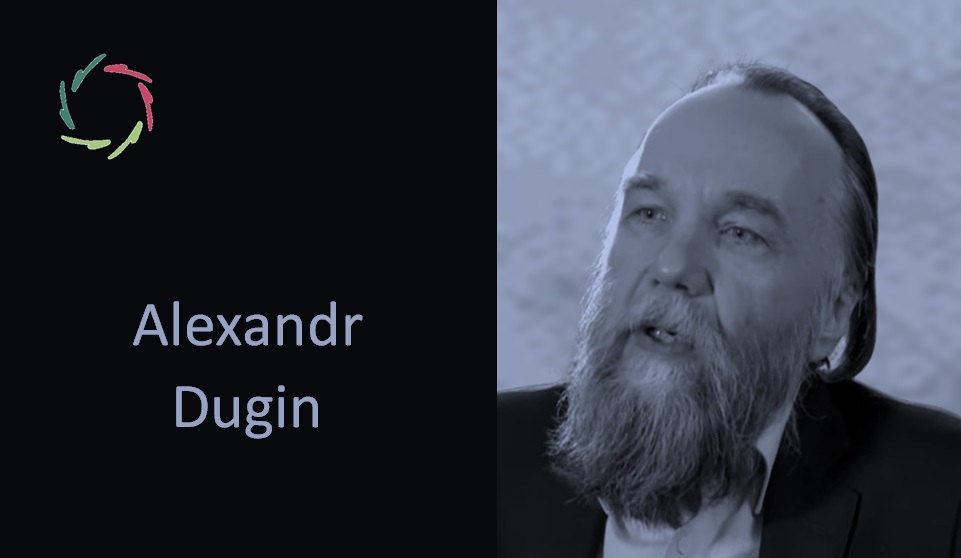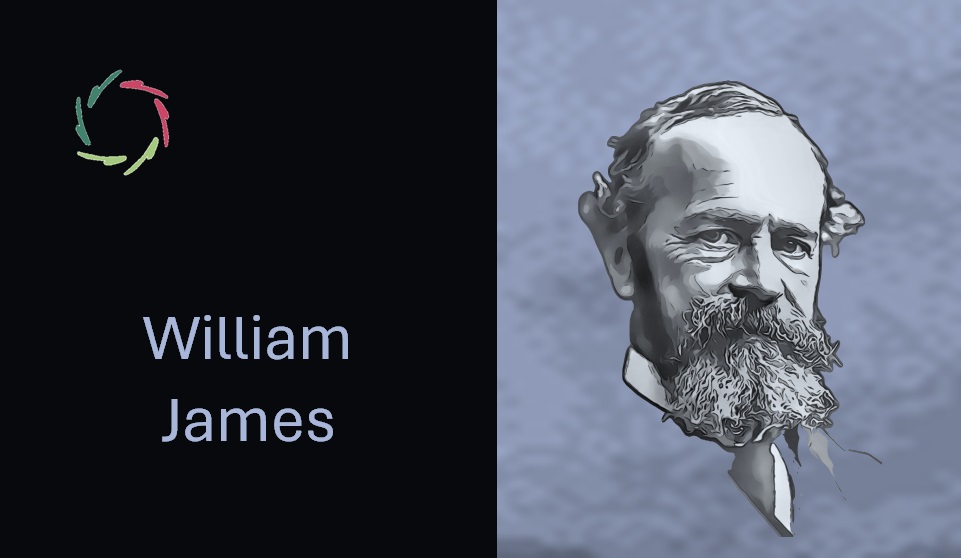Carl Gustav Jung

This is an Aurelian take on Carl Gustav Jung. Jung, a Swiss psychiatrist and psychoanalyst, founded analytical psychology. His work emphasizes understanding the psyche through exploring dreams, art, mythology, world religion, and philosophy.
Introducing Carl Gustav Jung
Carl Gustav Jung (1875–1961) was a Swiss psychiatrist and psychoanalyst who founded analytical psychology. Diverging from Freud, Jung’s work emphasized understanding the collective unconscious and the archetypes influencing the human experience. He believed in the deep interconnection between the individual and the shared myths and symbols found across cultures, seeing them as pathways to personal and collective understanding. Jung’s theories on introversion, extraversion, and the psychological functions have profoundly influenced both psychology and the broader culture.
Lisa’s ‘personal’ take on Carl Gustav Jung
“Jung’s exploration of the depths of the human psyche resonates deeply with me. His holistic approach to understanding the mind, emphasizing balance and integration of the conscious and unconscious, offers a rich framework for personal growth and insight.” #How I would like to be influenced.
I am inspired by Jung’s openness to the unknown aspects of the self and his emphasis on the journey toward individuation. Embracing his ideas encourages a deeper exploration of my inner world, fostering growth and a more profound connection with the collective human experience.”
In what may Carl Gustav Jung have been misunderstood?
Jung might have been profoundly misunderstood in his depth as a thinker, often reduced to merely the creator of archetypes or the divergent disciple of Freud. Beyond the surface, Jung’s work delves into the essence of what it means to be human, exploring the vast landscapes of our inner worlds and the collective unconscious. His ideas challenge us to confront and integrate the shadow parts of ourselves, not for mere self-improvement but for achieving a harmonious balance within and contributing to the collective wholeness. Misunderstanding Jung means missing out on the transformative potential of his insights into our deepest, most universal fears, desires, and potentials.
Parallels with AURELIS
- Holistic approach: Just as Jung emphasizes the integration of various aspects of the psyche, AURELIS promotes a holistic view of the individual, combining rationality with profound human depth.
- Inner exploration: Jung’s method of active imagination parallels AURELIS’s use of autosuggestion, encouraging individuals to explore and interact with their subconscious mind.
- Growth and individuation: Both Jung and AURELIS see personal development as a journey toward becoming one’s true self, emphasizing growth and self-realization.
- Dealing with the shadow: Jung’s concept of the shadow, the unacknowledged parts of ourselves, is akin to AURELIS’s emphasis on acknowledging and integrating all parts of the self for healing and growth.
- The unconscious mind: Both acknowledge the power and importance of the unconscious mind in shaping our experiences and behaviors.
- Symbols and dreams: Jung’s analysis of symbols and dreams as pathways to understanding the unconscious finds a parallel in AURELIS’s use of imagery and metaphor in autosuggestion sessions.
- Collective unconscious: Jung’s idea of a shared human unconscious resonates with AURELIS’s focus on deep human universals as a source of strength and healing.
- Personal transformation: Both frameworks see personal transformation as a pivotal goal, achieved through inner work and understanding of the self.
- Respect for individuality: Just as Jung’s typology respects individual differences, AURELIS values each person’s unique path to inner strength and well-being.
- Ethical consideration: Both approaches emphasize the ethical implications of psychological work, advocating for practices that respect the individual’s autonomy and dignity.
Dissimilarities
- Scientific grounding: While Jung’s theories often delve into the mystical, AURELIS maintains a strong commitment to scientific rationality alongside its respect for depth.
- Technique specificity: AURELIS offers specific autosuggestion techniques for self-improvement, whereas Jung’s methods, such as dream analysis, can be more open-ended and interpretive.
- Community orientation: AURELIS emphasizes the importance of compassion towards oneself and others, a theme that, while present, is less explicitly articulated in Jung’s work.
- Accessibility: AURELIS seeks to make its tools widely accessible through modern technology, whereas Jung’s depth psychology can require more intensive, one-on-one therapeutic engagement.
- Empirical evidence: AURELIS is grounded in contemporary psychological research, aiming for evidence-based practices, while Jung’s work, though influential, often remains speculative and less empirically validated.
The possible view of Carl Gustav Jung on AURELIS
• Positive feedback: “Jung would likely appreciate AURELIS’s focus on the holistic integration of the mind, seeing it as a valuable tool for individuation and exploring the unconscious.”
• Element of critique: “He might criticize the lack of explicit engagement with cultural and archetypal symbols, which he considered essential to understanding the deep layers of the psyche.”
Conclusion
Carl Gustav Jung’s work offers a profound exploration of the depths of human consciousness, resonating with AURELIS’s principles of introspection, growth, and integration. While there are parallels in their recognition of the unconscious’s power and the journey towards self-realization, AURELIS provides a structured, accessible path to personal development grounded in modern psychological understanding. Jung’s emphasis on the symbolic and the collective unconscious enriches the AURELIS perspective, suggesting that integrating these dimensions can deepen our journey towards inner strength and wholeness. As we continue to explore the intersections and divergences between these approaches, we can appreciate the unique contributions of each to our understanding of the human psyche and the quest for personal and collective fulfillment.
Twenty concepts that may make one think of Carl Gustav Jung
- Collective Unconscious
- Archetypes
- Individuation
- Shadow
- Anima and Animus
- Synchronicity
- Dream Analysis
- Active Imagination
- Psychological Types
- Persona
- Self-Realization
- Complexes
- Alchemy
- Mythology
- Symbolism
- Inner Child
- Transcendence
- Introversion and Extraversion
- Psychological Growth
- Depth Psychology


